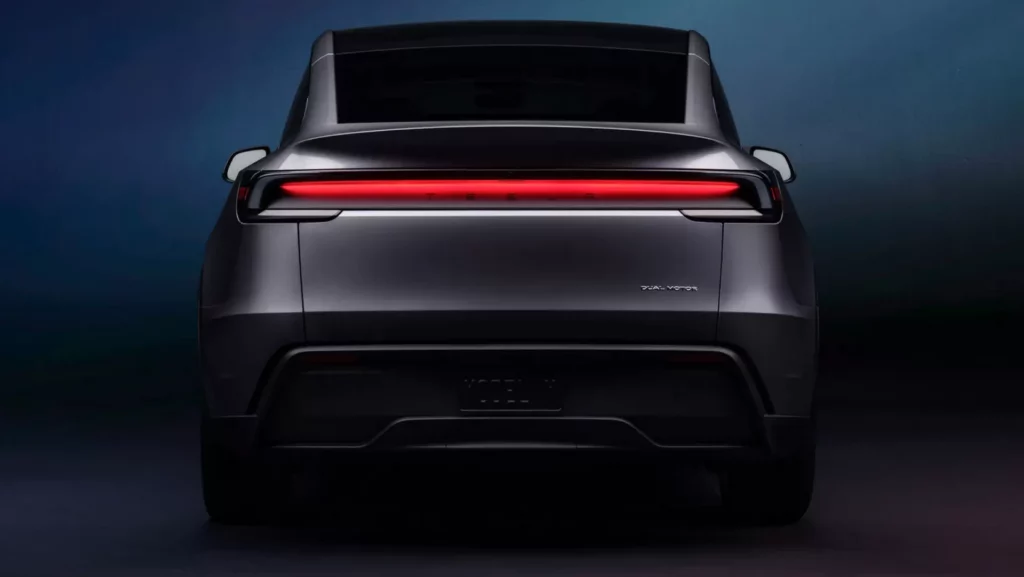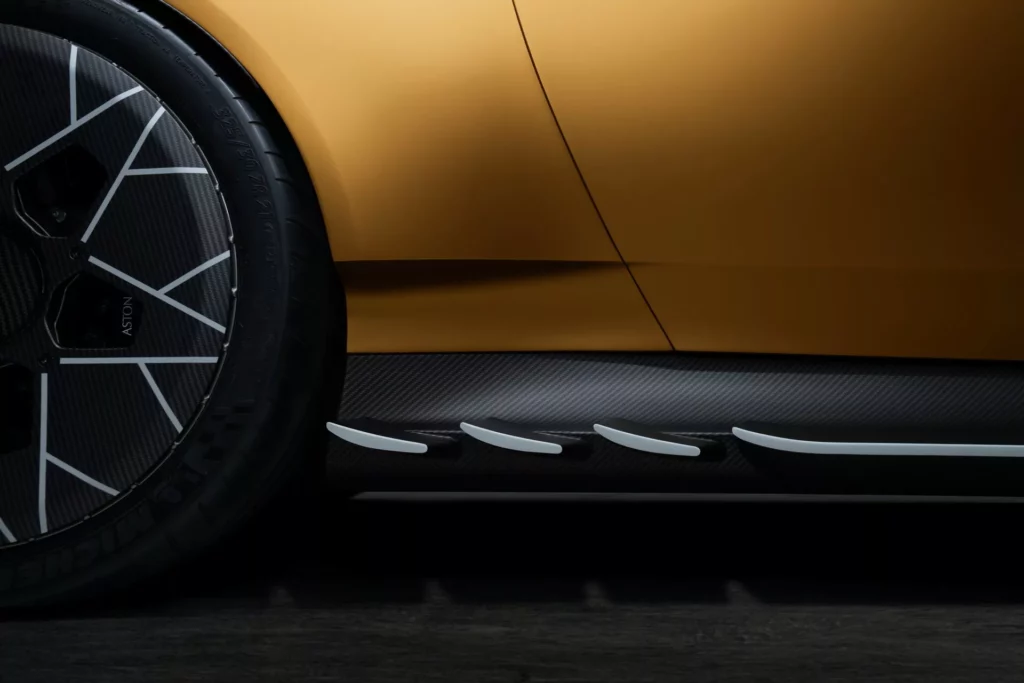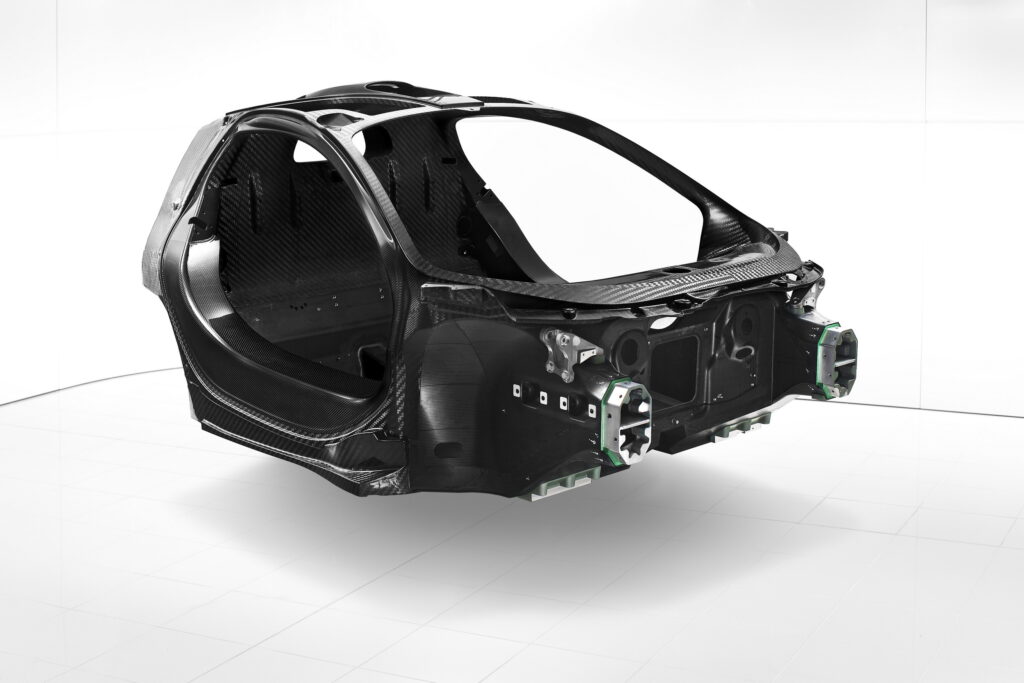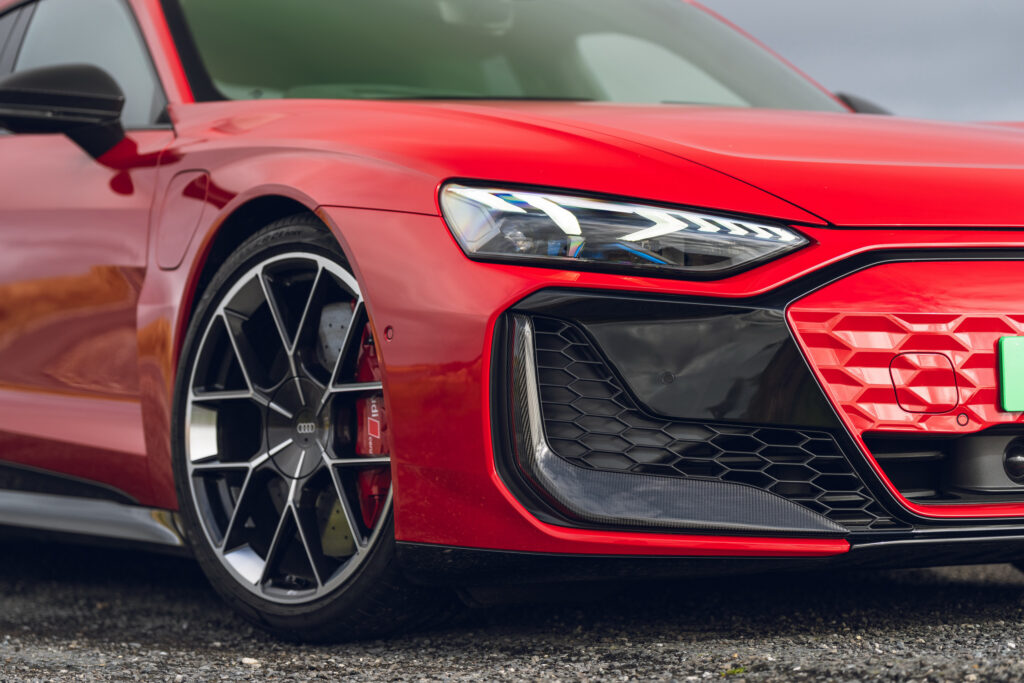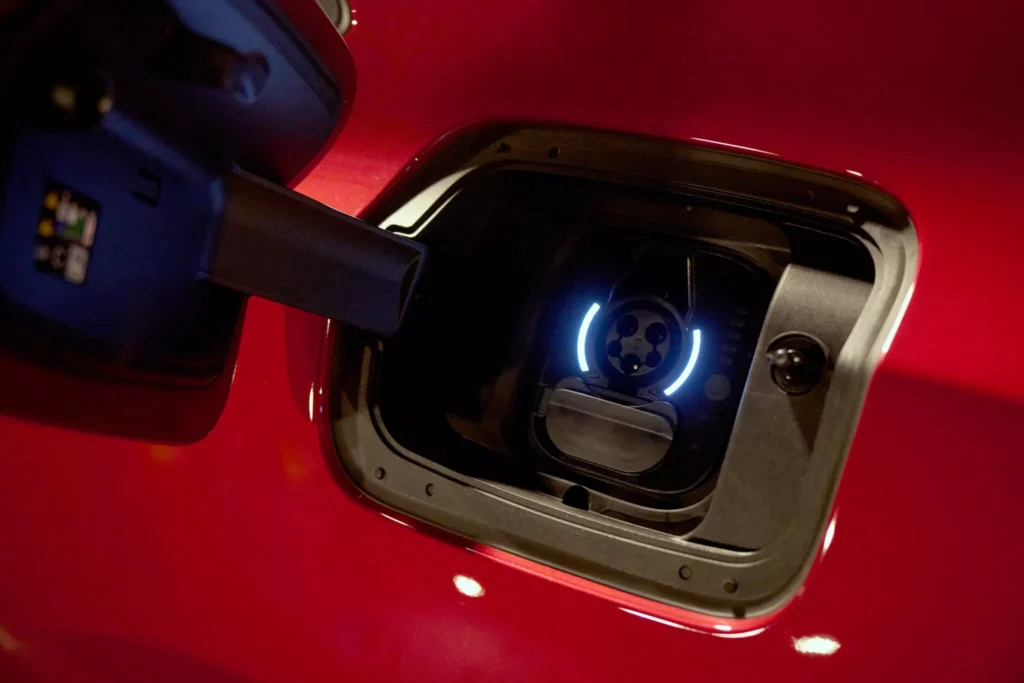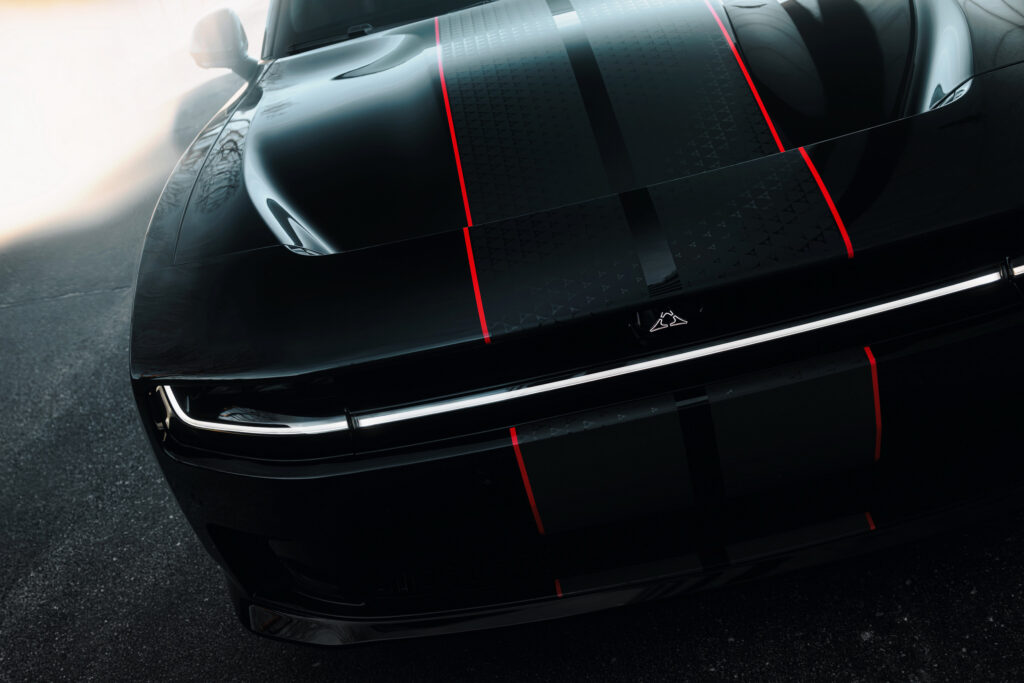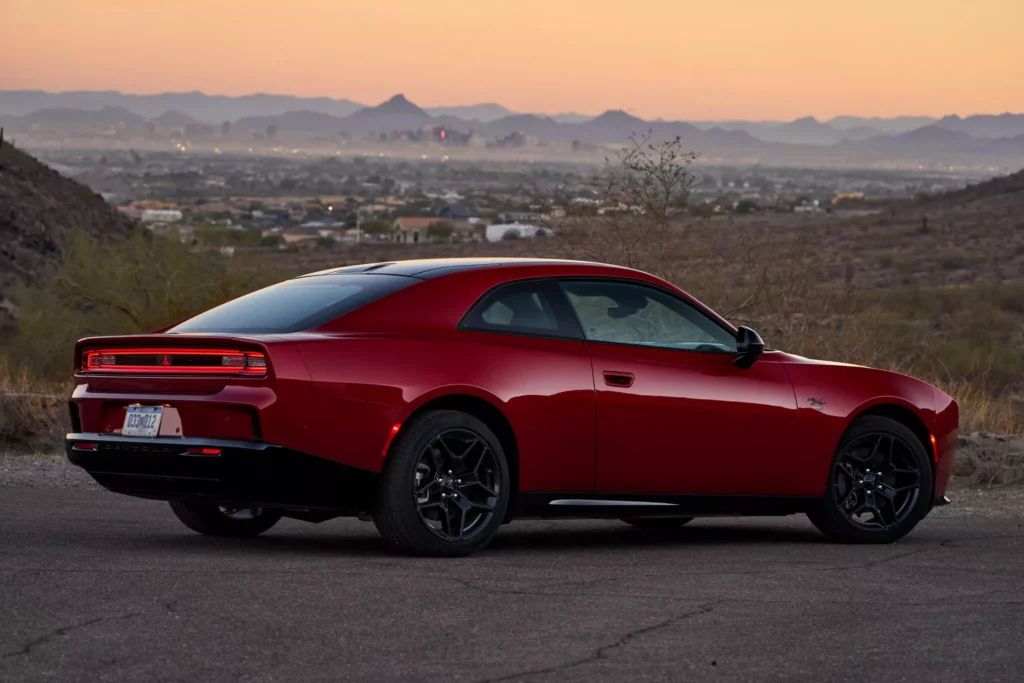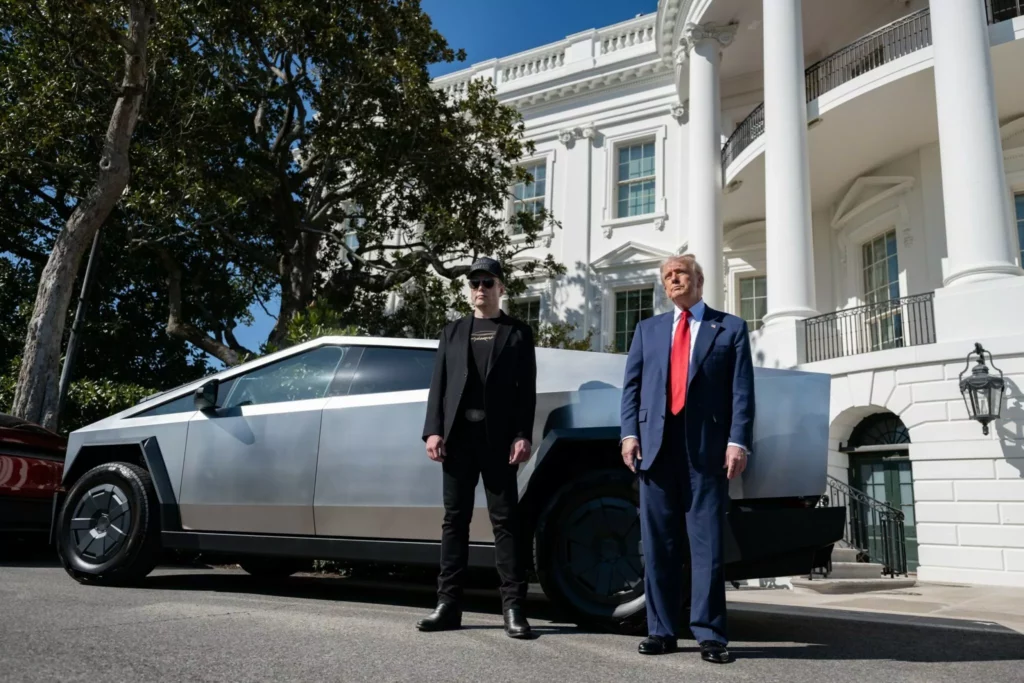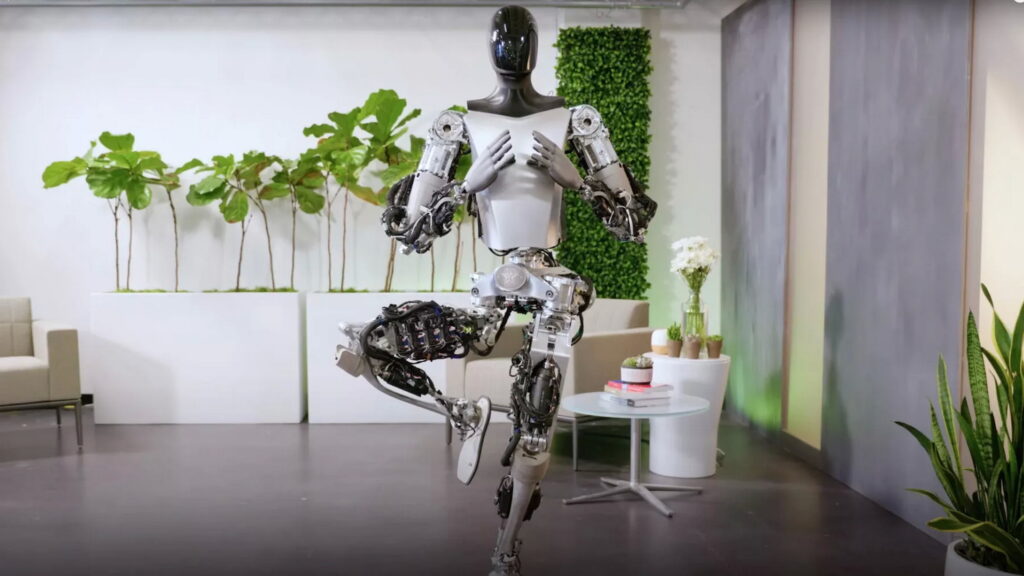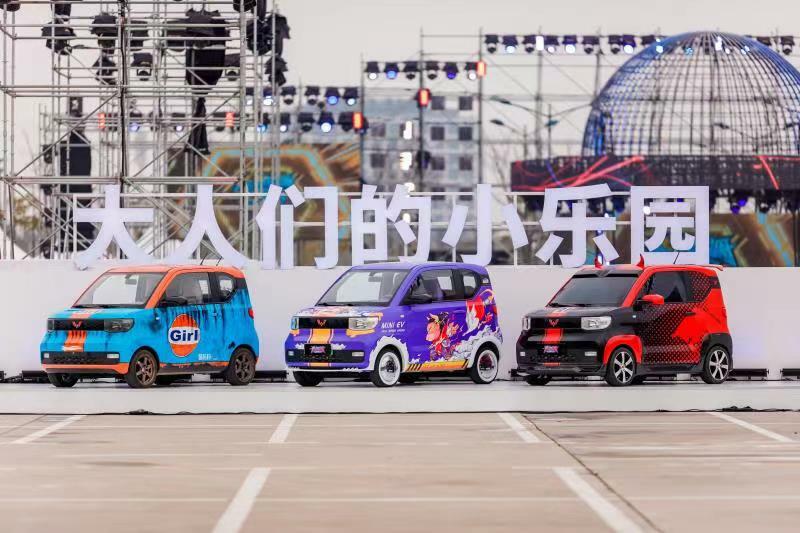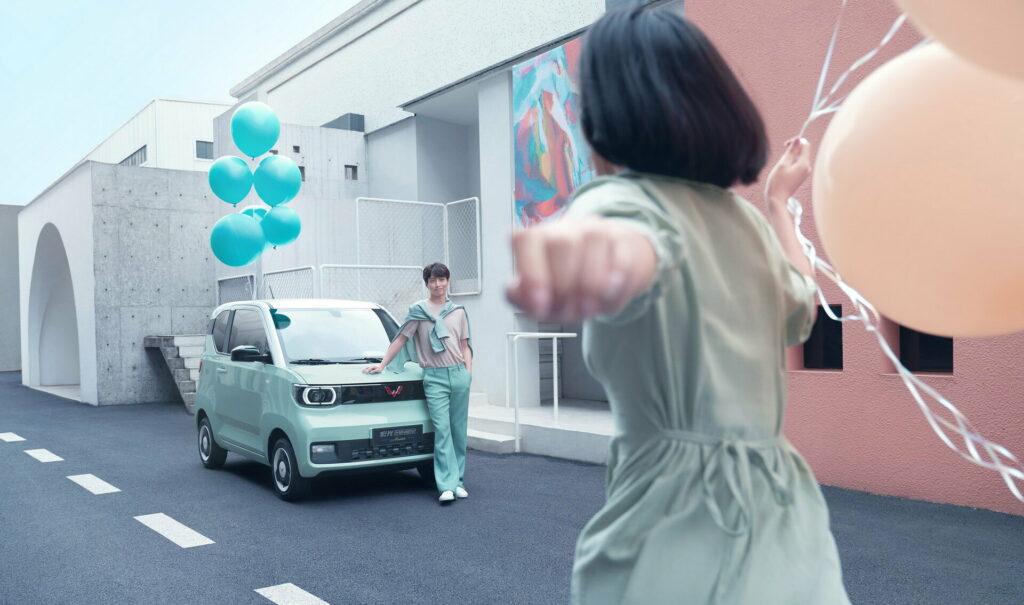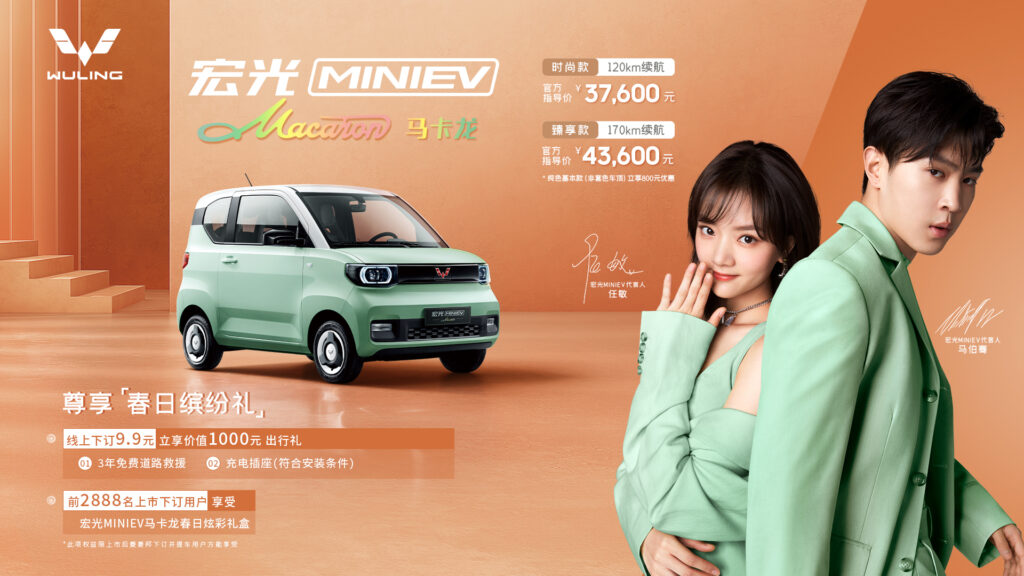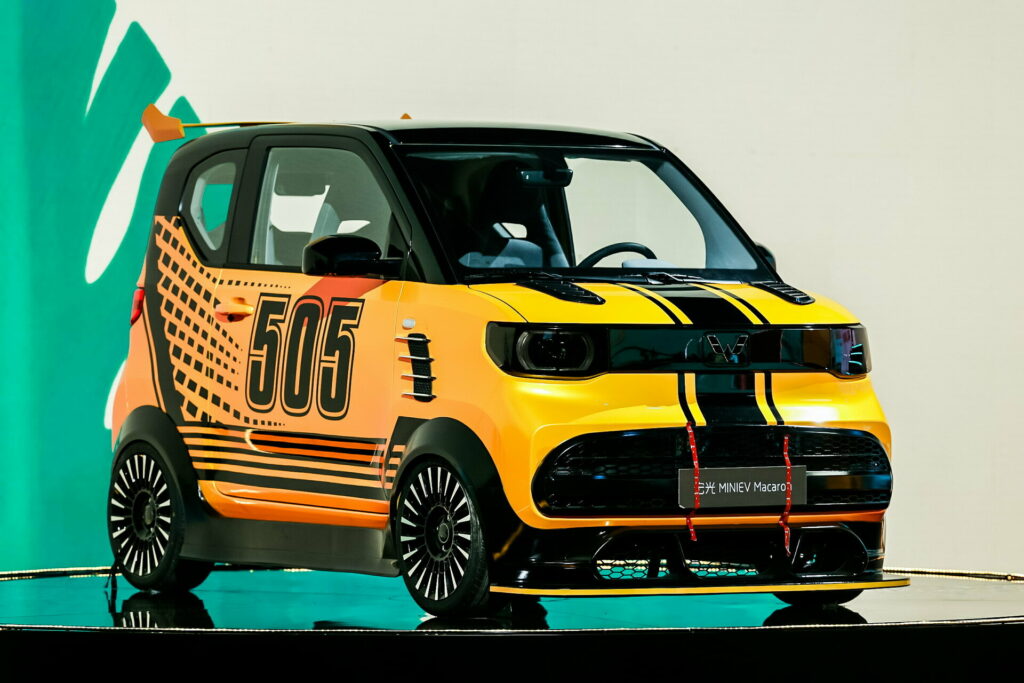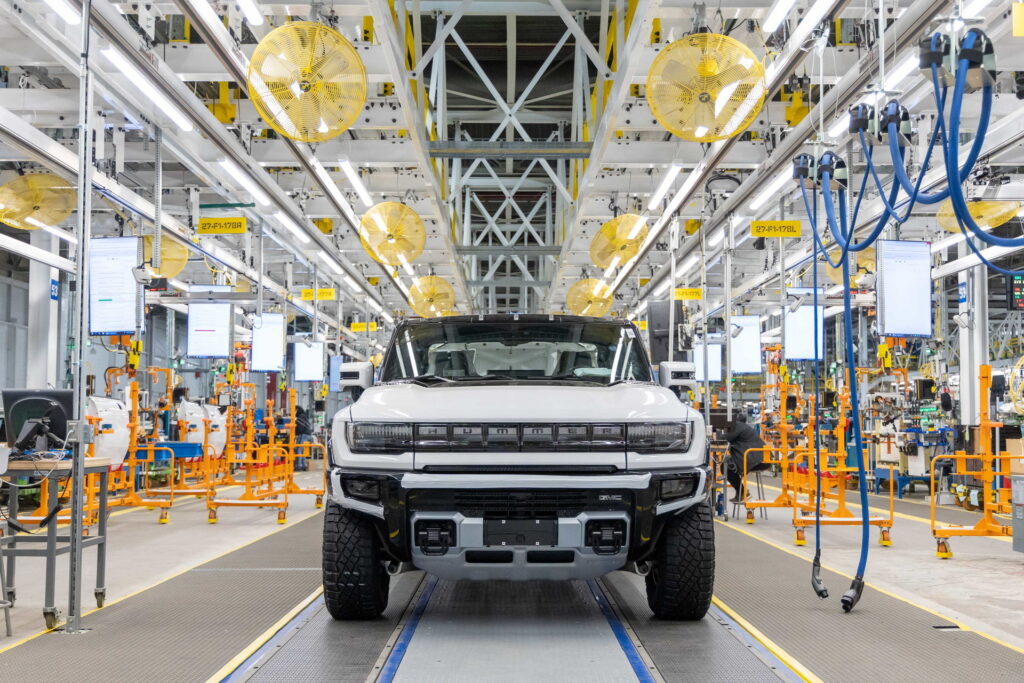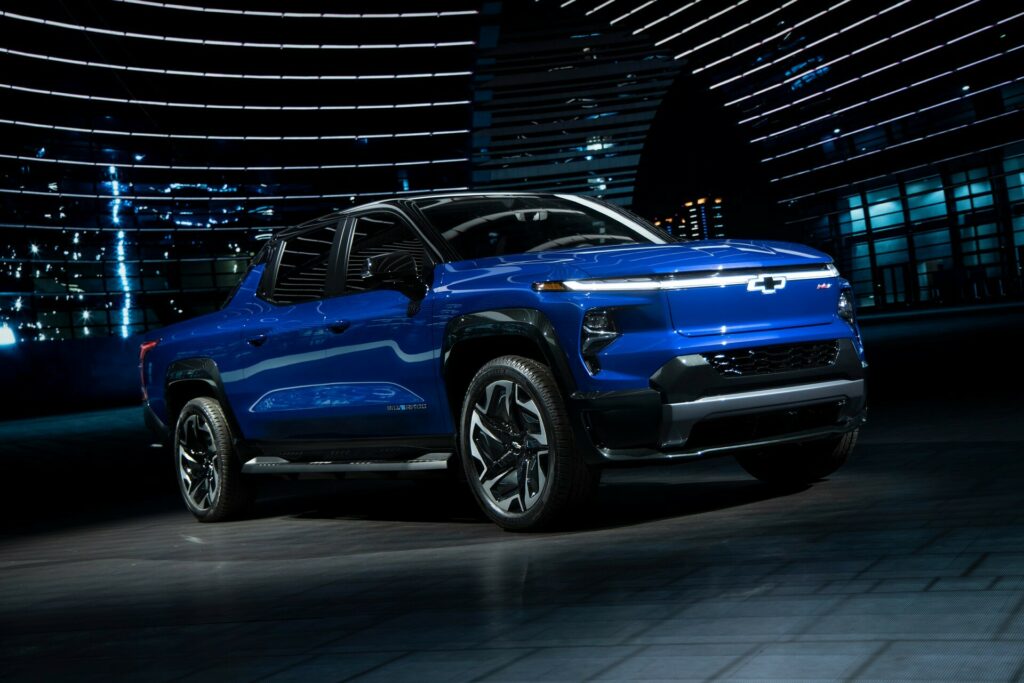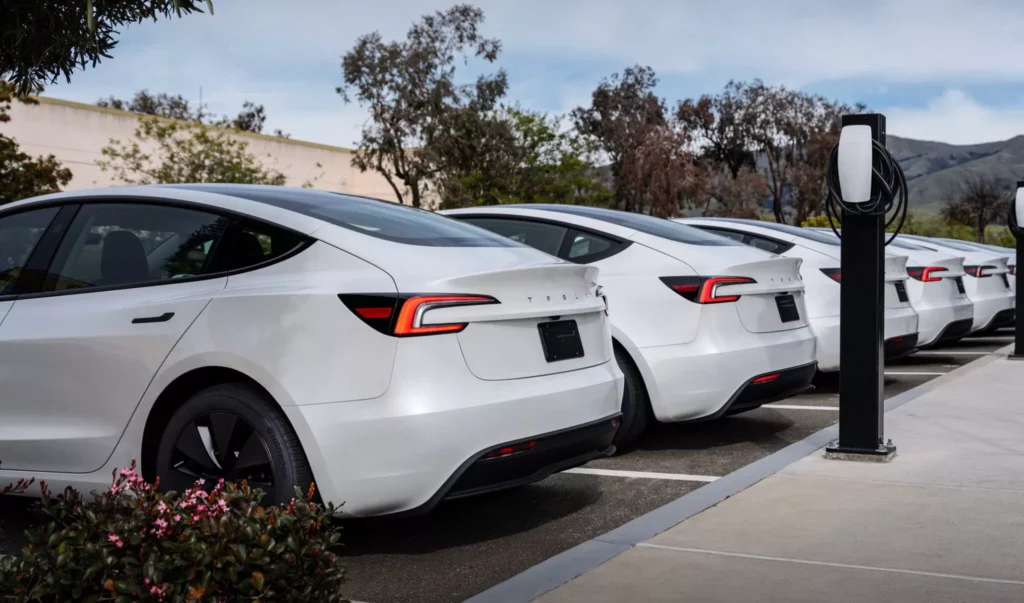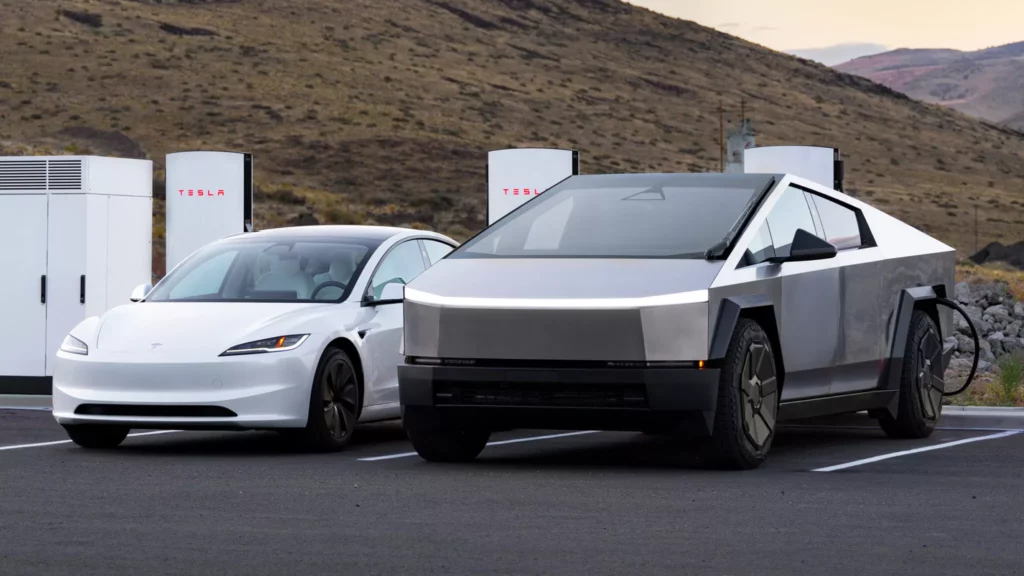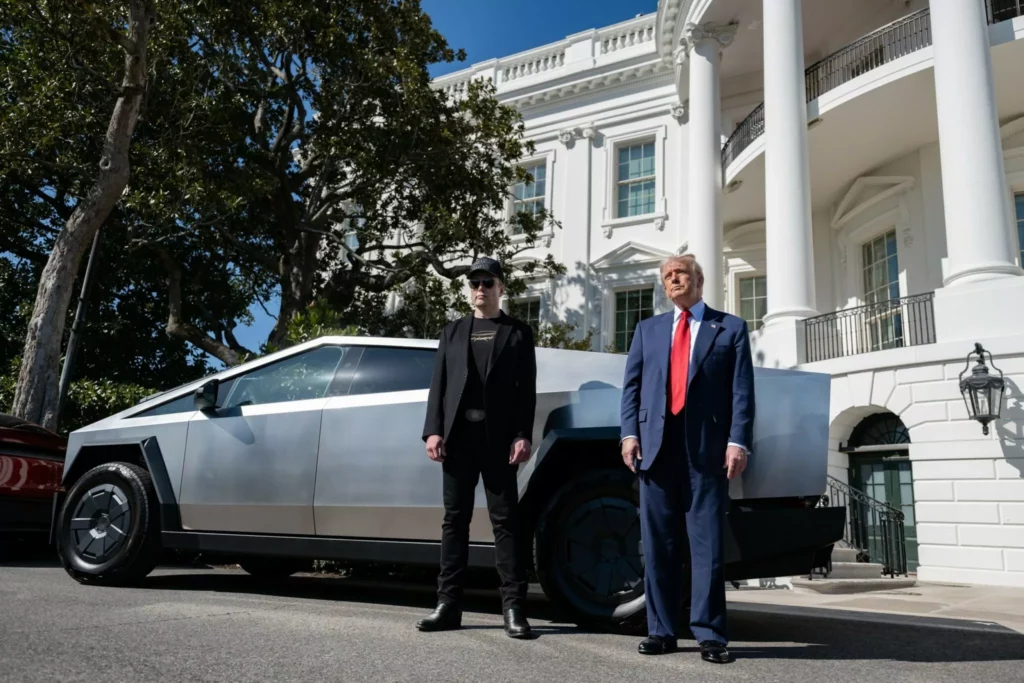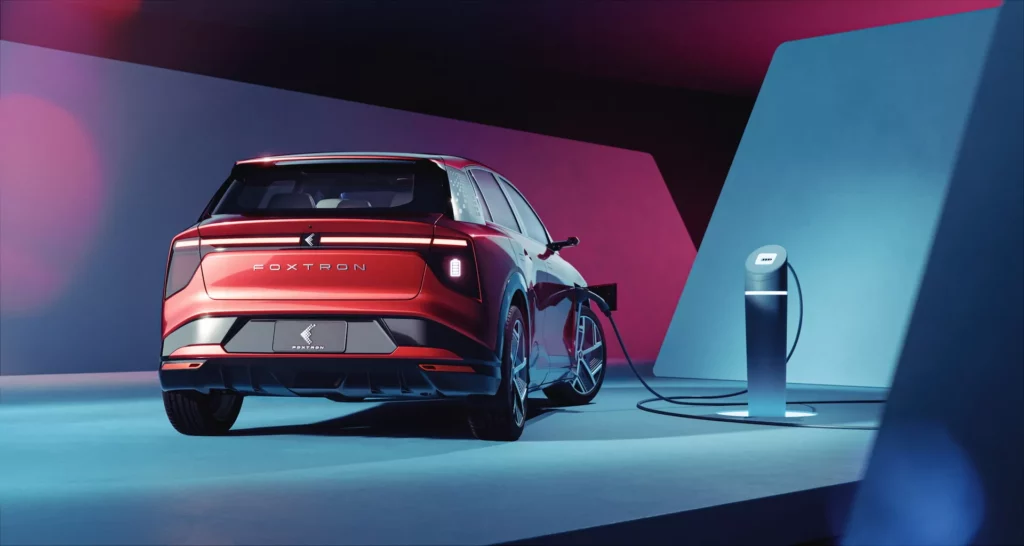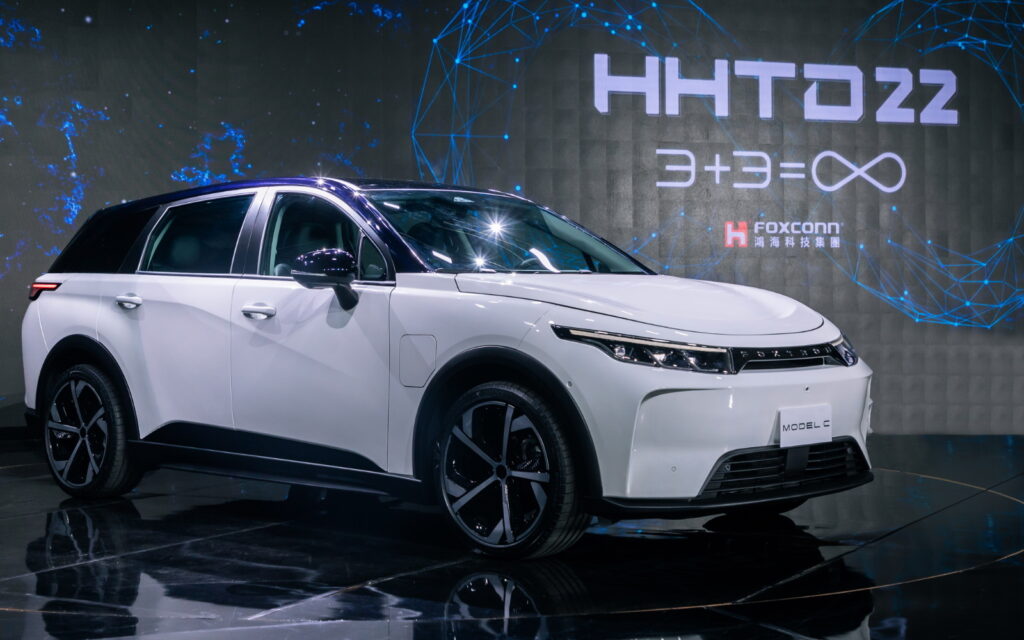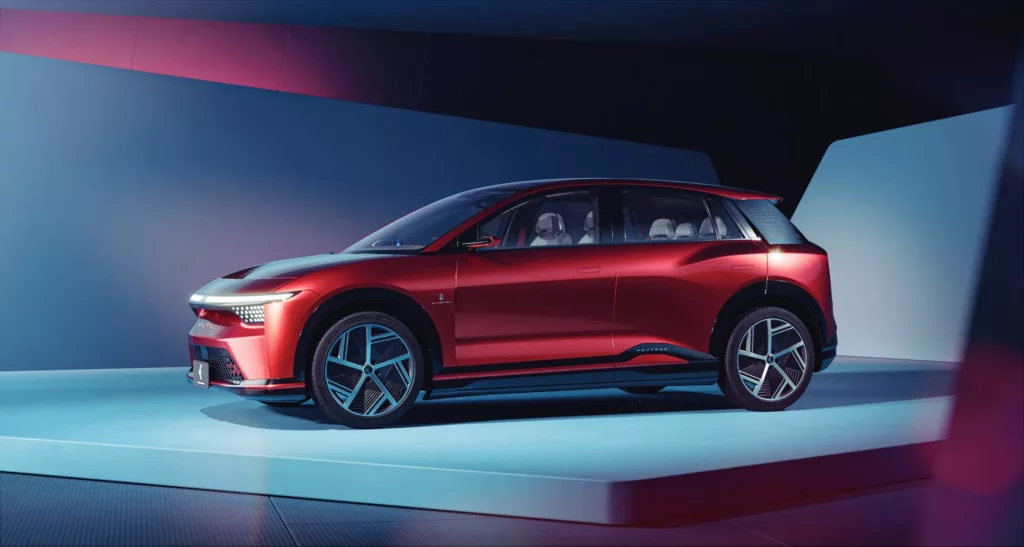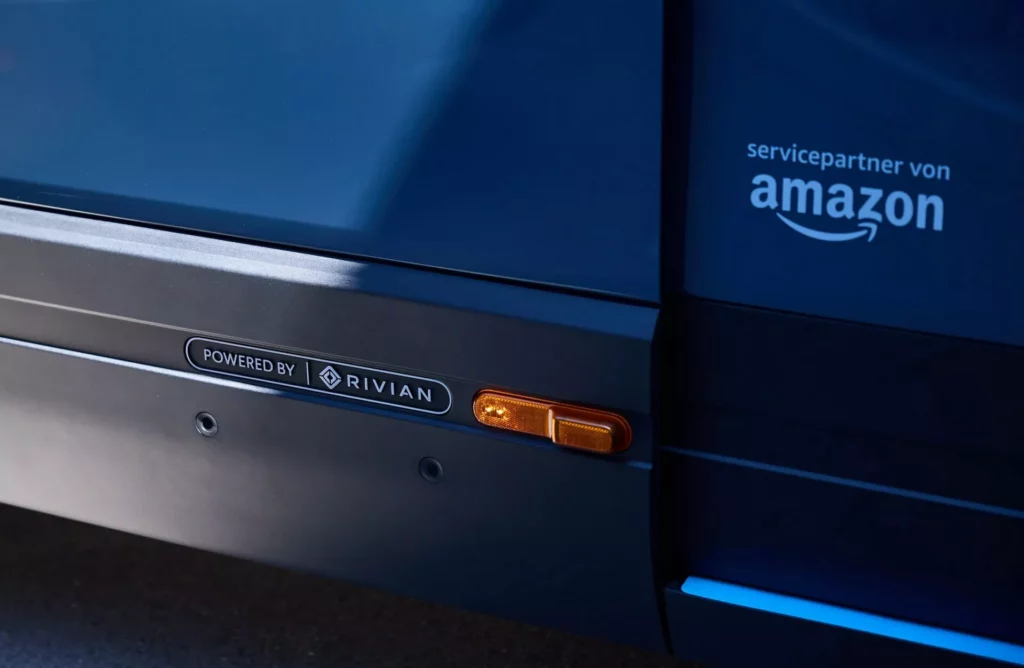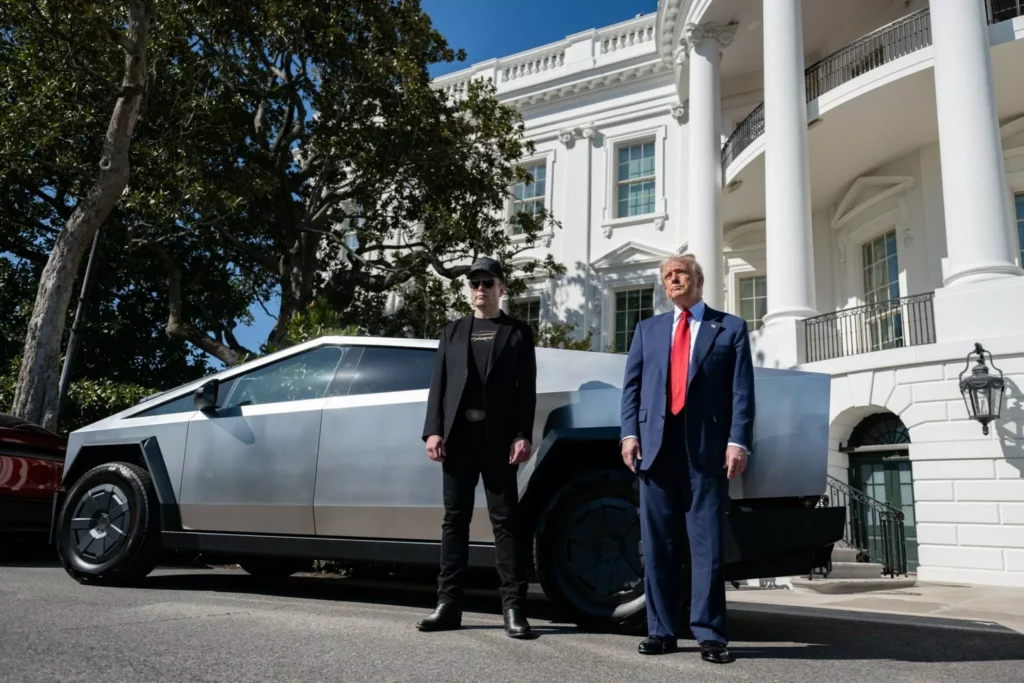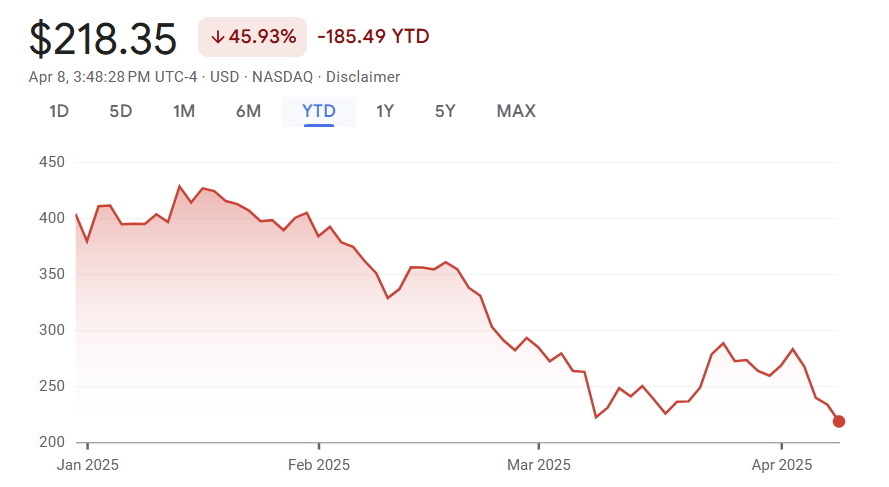Why Tesla Pulled The Model S And X From China
- China hits back with 125% tariffs after the Trump administration raised import duties to 145%.
- Tesla has dropped non-local models in China as trade war makes imports nearly impossible to sell.
- Elon Musk donated $277M to Trump before objecting to the tariffs and started a war of words.
The trade war between the US and China has escalated pretty quickly, with Donald Trump increasing tariffs on goods imported from the People’s Republic to 145% and the latter retaliating last Friday with a 125% tax on US products. This trade war has negatively affected many companies worldwide, including that of the Department of Government Efficiency’s co-head.
Elon Musk warned Trump that the tariffs would seriously impact the economy, but the President stuck to his guns. Now, Tesla has stopped taking orders for the US-built Model S sedan and Model X SUV in China, replacing the “order now” button with “look at the car” and “schedule a test drive” on its local website.
Locally Made Model 3 And Y Are The Real Sellers Anyway
This means that Tesla still has some cars to sell, since it offers test drives to potential customers. The brand’s reasoning is sound: the two models became prohibitively expensive due to the tariffs and it can’t afford to increase its prices accordingly, especially as the Model S is getting long in the tooth, dating back to 2012 (although it has been updated a few times in all those years) and the Model X never being a strong seller.
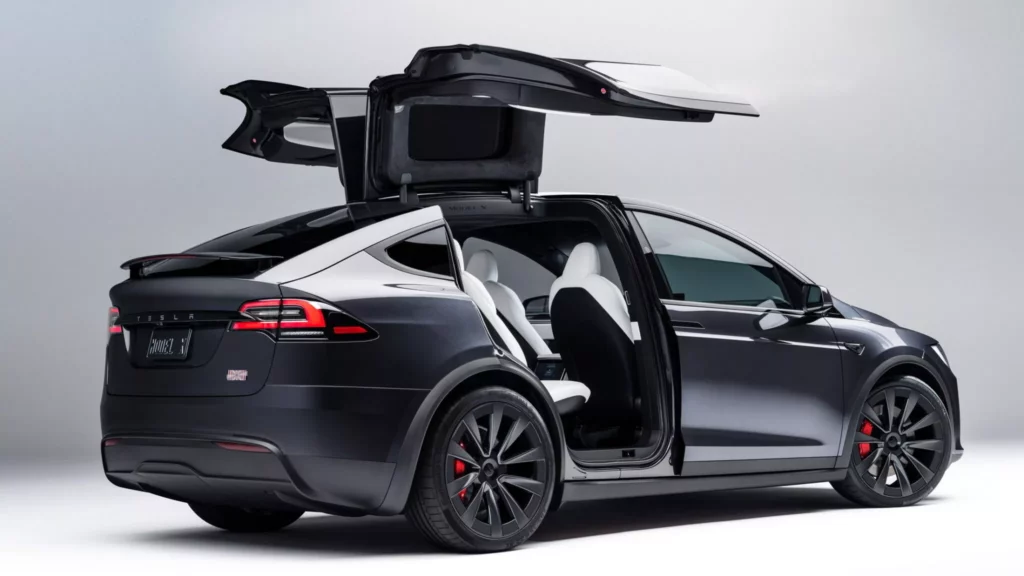
More: We Compare The 2026 Tesla Model Y Side-By-Side With Its Predecessor
Instead, it relies on the Model 3 and Model Y, which were revamped in 2023 in China (2024 for North America) and late 2024 respectively, for its presence in the world’s biggest car market. The fact that it manufactures both at its Shanghai plant helps it avoid the huge tariffs on US imports but, as the Wall Street Journal points out, the tariffs only exacerbate its issues.
Musk’s Insults Against Trump’s Advisor Won’t Help Tesla
According to a 2023 analysis by Nikkei Asia, nearly 40% of its vehicles’ battery materials come from Chinese companies. That’s a big no-no for the Trump administration that imposed those incredibly high taxes to make imports all but impossible. It’s a much bigger issue for Musk, though, who has publicly attacked Trump’s top tariff advisor, Peter Navarro, stating he’s “dumber than a sack of bricks” after the latter dismissed Tesla’s CEO plea for a no-tariff agreement between the US and Europe and called him “a car assembler” who just wants to have access to cheap parts made overseas.
More: US EV Sales Jump In Q1, But The Biggest Losers Might Surprise You
“The difference is in our thinking and Elon’s on this is that we want the tires made in Akron,” Navarro said. “We want the transmissions made in Indianapolis. We want the engines made in Flint and Saginaw, and we want the cars manufactured here.” Teslas don’t have engines, but that’s a technicality; his attitude towards the matter is clear. Never one willing to turn the other cheek, Musk replied that “Navarro is truly a moron. What he says here is demonstrably false.”
Protecting American Jobs While Hurting Tesla? That’s Fresh
Either man can be right or wrong, depending on where you stand on the issue. Musk needs access to cheap parts in order to keep Tesla’s pricing as competitive as possible and can’t realistically find US-based suppliers in such a short timeframe, assuming there are enough to go around for every carmaker trying to do the same. Navarro, on the other hand, doesn’t seem to care for Tesla’s sales or profits and simply wants to enforce Trump’s policy and ban China-made products out of the US – period.
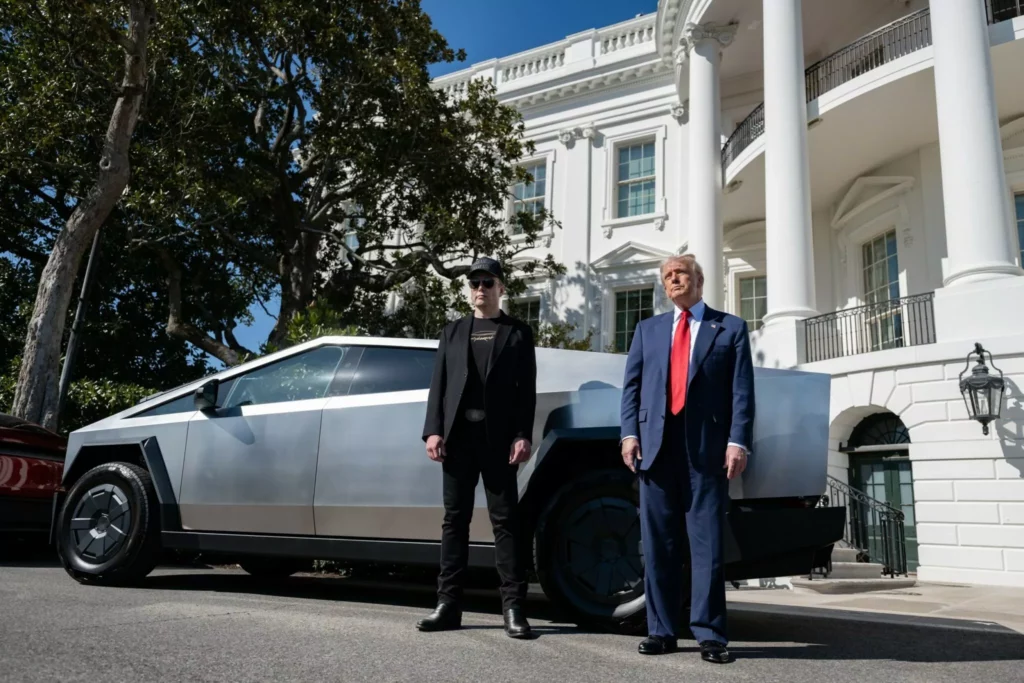
More: Detroit Is Begging Trump To Stop As His Import Tariffs Threaten Thousands Of Auto Jobs
The President’s tariffs are meant to protect US companies and jobs by forcing everyone to make the products they sell in the States locally. Which is swell, but for one detail: Tesla builds the most American cars in the country and hurting it might result in job losses, so the part about protecting jobs is, in that sense, an oxymoron.
Even Before Tariffs, Tesla Was Going Through A Rough Time
Irrespective of Musk and Navarro’s insults, Tesla already has a lot of issues. At home, it might still be the EV market leader but rivals have steadily eating into its share, its stock price has plunged by 34% since January, and 67% of Americans surveyed said they wouldn’t even consider buying a Tesla, mostly due to Musk’s politics. Thing are worse overseas. Its European sales have tanked despite the launch of the improved Model Y Juniper, and as for China, axing the Model S and X are the least of its problems because buyers increasingly prefer cars by local brands to the expense of foreigners, even the likes of Mercedes, Porsche, and, of course, Tesla.
Being the richest man in the world must be nice. If it comes with all that baggage, though, Musk may come to regret getting involved in politics, even though going all MAGA made him the first person in history whose net worth exceeded the $400 billion mark. He might quit DOGE and remain an informal advisor as reported, but we suspect that won’t change public opinion or, worse, solve Tesla’s problems. What a predicament.
